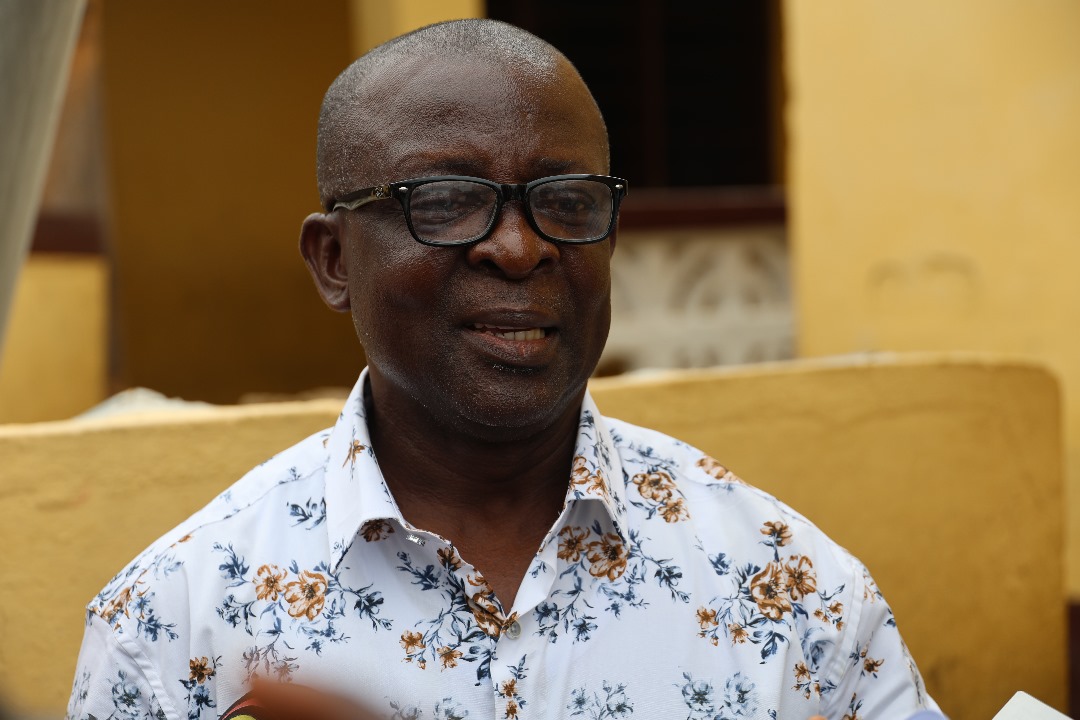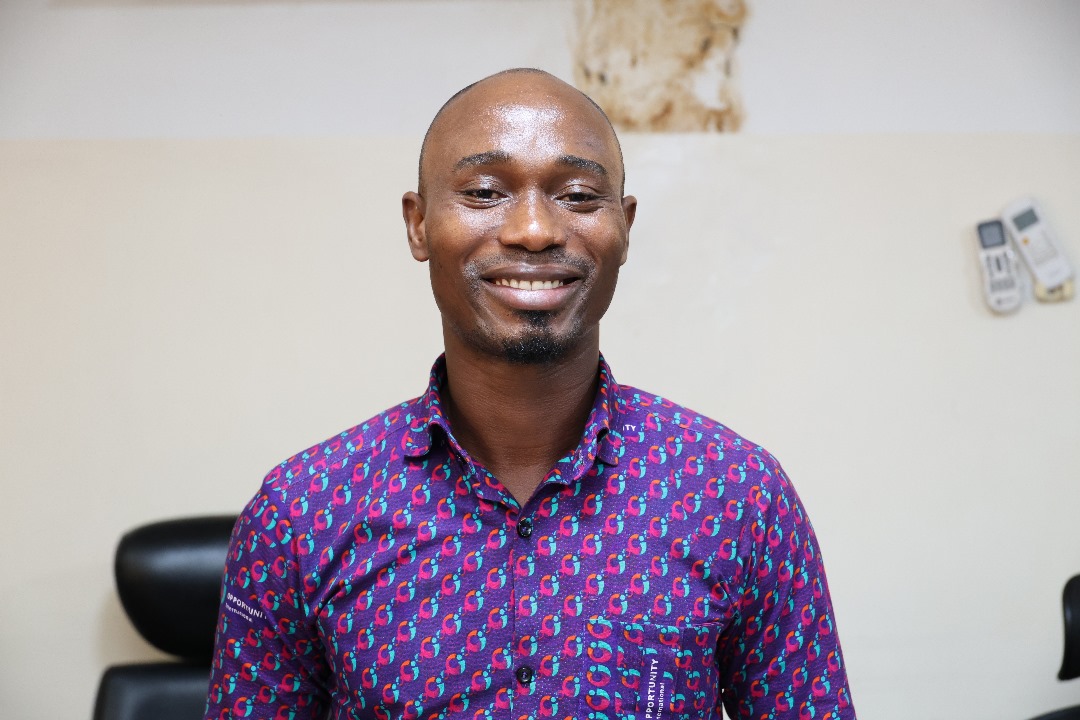The Ghana National Council of Private School (GNACOPS) has threatened to take CHRAJ on for failing to act on its petition against government over 30% quota system for placement in public Senior High Schools.
Private basic schools account for 49% of education establishments and 33% of all enrollments at the pre-tertiary level in Ghana. Yet many of them are struggling to survive in the sector as government’s 30% quota to public schools continues to affect them.
Private basic schools in Ghana contribute significantly to education by supplementing the public system, offering diverse learning environments to meet crucial educational needs, especially in most areas where access to public schools is limited.
However, for years now, most of the schools have collapsed as their enrollment continues to decrease.
The 30% quota system on admission slots is reserved exclusively for students who completed BECE in public schools, while the 70% left is still shared among candidates from both the public and private schools.
This gives public basic schools an undue advantage over private schools overlooking the efforts of the non-state actors in the sector to provide quality education.
Recent data by the Ghana Statistical Service indicates that while some progress has been made in increasing enrolment and improving gender parity, significant gaps remain.
Ransford Gyekye is the proprietor for Supreme Care Edu Complex – one of the schools struggling to operate. He wants the 30% quota relooked at as a matter of urgency.

‘‘This placement thing that the government gives 30% what we call quota for the government schools. Because of that, parents think that, well, then when the time comes, I should move my ward so that they also go and enjoy back in there. And it’s also, you know, impacting us. When you train them from stage two to six, then you see them moving towards there. So, our numbers keep dwindling. Initially, we had about 600 students
but they are reduced to about four hundred or something.” He explained
Last year, the Ghana National Council of Private School (GNACOPS) petitioned CHRAJ on the matter that it describes as illegal.
Its Executive Director, Enoch Kwesi Gyetuah, is not happy with the delays in addressing the issue by the state agency.

‘‘It was not constitutionally constituted. We concluded that it bordered on human rights, and so we petitioned CHRAJ last year and have also engaged the sector minister who agrees that it must be scrapped. But one thing that is of concern to us is that, if we have petitioned CHRAJ it has to work but we have not seen any positive move from them that they have taken the matter up, so we have written to them indicating that we don’t want to believe that they have compromised their mandate to take sides with government.
“Else, we will take them on as well as the Ministry of Education and the GES. We are not going to budge from any form of intimidation or manipulation.” He warned
He fears most of the private schools will run out of business soon.
“It’s not only the schools that are affected. The students are inclusive. These schools fill the gaps in areas where the government is unable to provide schools, and the kind of treatment they are receiving from the government with this 30% is purely discriminatory’’.
Opportunity International EduFinance is one of the organizations that supports most of these schools to get back on their feet and remain relevant in the sector.
Stephen Yankey, Manager, Edufinance, Opportunity Int. said ‘‘globally, it is reported that about 60% of children do not have access to quality education in the world, and in Ghana, it’s even more than that. So, we need to create the environment that private schools will have access to funding so that we will have quality access to education for our kids.” He said.
In alignment with the United Nations Sustainable Development Goal 4, which seeks to ensure inclusive and equitable access to quality education and promote lifelong learning opportunities for all, there is a growing demand for accessible quality education.









